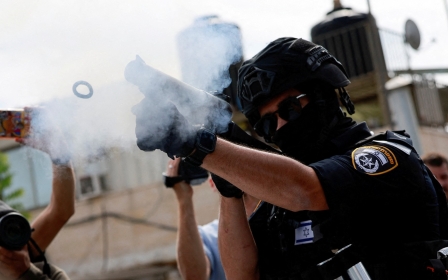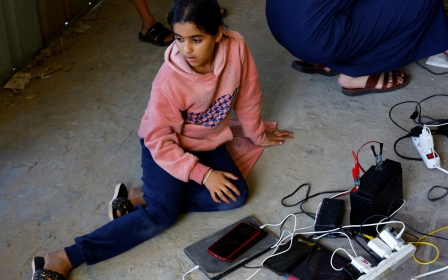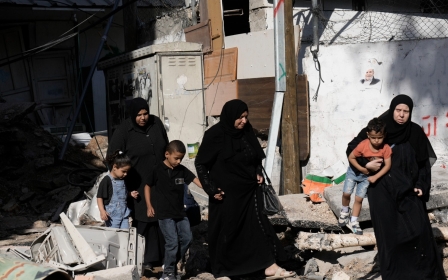Israel-Palestine war: Western powers giving 'warrant for genocide', says prominent Israeli historian
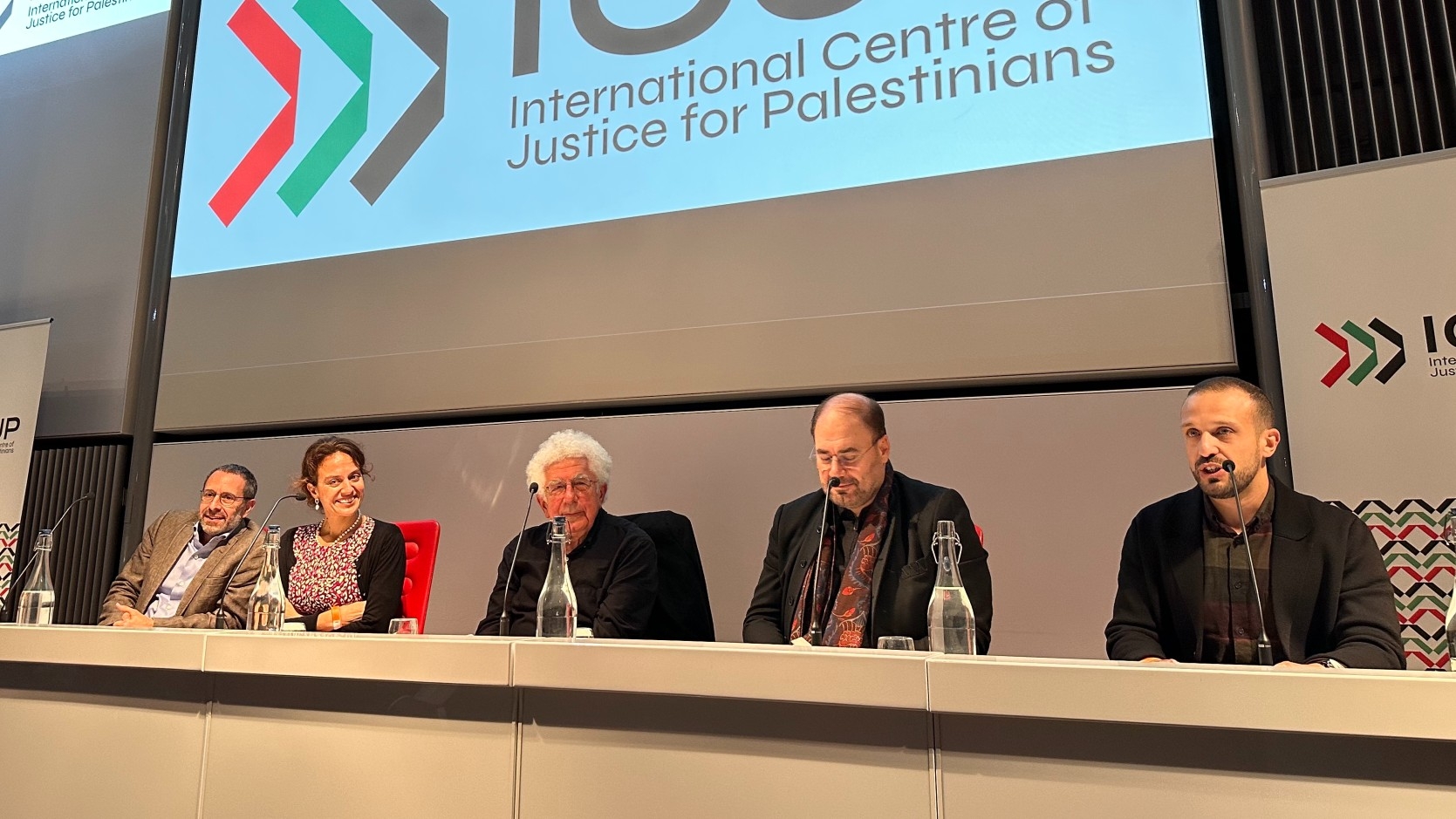
Western powers are giving Israel a "warrant for genocide" in the Gaza Strip, a prominent Israeli historian has warned.
Avi Shlaim, a prominent Israeli-British historian and emeritus professor of international relations at Oxford University, told an audience in London that US, UK, and European Union support for Israel - including military support - have made them complicit in "mass slaughter" in the Gaza Strip.
"The Western response to the crisis is the usual hypocrisy and ruthless double standards, but this time it’s been taken to a new level. The western love of Israel has always been accompanied, has always depended on the erasing of Palestinian history and humanity," he said at an event on Monday, hosted by the International Centre of Justice for Palestinians (ICJP).
"Deep concern for Israel’s security is reiterated at all times by western leaders - but not a thought is given to Palestinian security."
The event, 'The War on Gaza: What's Next for Palestine?', also featured Daniel Levy, a negotiator for the Israeli side during the Oslo Accords; Wadah Khanfar, president of Al Sharq Forum and former director general of Al Jazeera; and Yasmine Ahmed, UK Director of Human Rights Watch; and was chaired by Middle East Eye’s Mohamed Hassan.
New MEE newsletter: Jerusalem Dispatch
Sign up to get the latest insights and analysis on Israel-Palestine, alongside Turkey Unpacked and other MEE newsletters
Shlaim was born in 1945 in Baghdad, to well-connected parents who were part of Iraq's millennia-old Jewish minority. But at the age of five, Shlaim was forced to flee with his family, following bombings targeting Jewish people in the Iraqi capital.
As one of the "New Historians" in Israel, he was part of a group that reassessed the history of the country and often shined a light on the repression of the Palestinians.
Speaking on Monday, Shlaim said that Palestinians' resistance had been "decontextualised and dehistoricised" and that media and political coverage of the ongoing violence in Gaza largely ignored the situation prior to the Hamas operation in southern Israel on 7 October.
"The Israel-Hamas conflict did not begin on 7 October. In June 1967, Israel occupied not just Gaza, but the West Bank and Jerusalem. This is the most protracted and brutal military occupation of modern times," he said.
"Israeli generals have a phrase – mowing the lawn. It’s a chilling metaphor, what it means is they have no solution to the problem, but every few years the IDF moves in with the most advanced weaponry, they smash up the place, degrade the military capabilities of Hamas...it’s a mechanical action that you do periodically every few years.
"So there’s no end to the bloodshed and the next war is always around the corner."
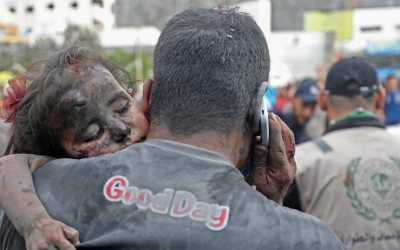
At least 8,000 Palestinians have been killed in Israeli bombardment since 7 October, which came as retaliation for an assault by Hamas that day in which around 1,400 Israelis died and more than 220 were taken captive. Approximately 70 percent of the Palestinians killed are women and children.
The chief of the United Nations Relief and Works Agency (Unrwa) said at a Security Council meeting on Monday that Palestinians in the besieged Gaza Strip are facing forced displacement and collective punishment.
In the same meeting on Monday, Unicef’s executive director Catherine Russell said over 420 children are killed or injured in Gaza every day.
Because of the lack of clean water and safe sanitation, Gaza “is on the verge of becoming a catastrophe”, she said, adding that people are at risk of dehydration and water-borne diseases.
She added that there is only one desalination plant in Gaza, which is operating at five percent capacity. All six of Gaza’s water-waste treatment plants are currently non-operational, she said.
Hospitals across Gaza have reached a breaking point and are dangerously overcrowded. Almost 1.4 million people in Gaza are now internally displaced, and thousands have taken shelter in hospitals.
Since Israel cut off all electricity, fuel and water to the besieged enclave on 9 October, hospitals have been overwhelmed with a lack of life-saving resources, a high volume of critically wounded patients, and thousands of people seeking shelter.
The hospitals that are still working are running on generators, which health officials say won't last long.
US President Joe Biden has, however, repeatedly resisted calls for a ceasefire in Gaza, while calling for aid to be allowed into the besieged enclave.
National Security Council spokesman John Kirby also told journalists on Tuesday that "a ceasefire right now really only benefits Hamas".
At the event on Monday, Khanfar - who was born in Jenin in the occupied West Bank - said he had not been able to return to his homeland in 30 years, but he hoped that at the end of the current violence, there could be new opportunities for a long-term resolution.
“We need a new imagination where people could live in peace, and where people could be equal and could have the right to dignity and the right to be respected as humans in that land,” he said.
“Out of this black moment, we could really start thinking about something new.”
Middle East Eye delivers independent and unrivalled coverage and analysis of the Middle East, North Africa and beyond. To learn more about republishing this content and the associated fees, please fill out this form. More about MEE can be found here.


